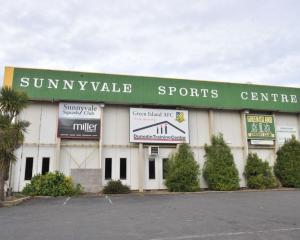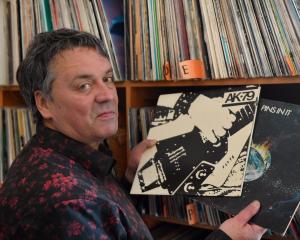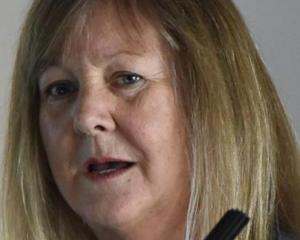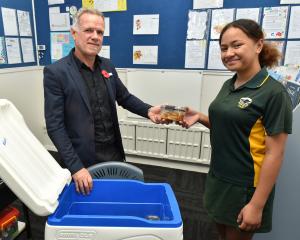Dairying might be seen as the rock star of New Zealand's economy but there were challenges aplenty for those on the land, not least the implications of a continued slide in dairy prices.
Prices dropped 8.9% in this week's GlobalDairyTrade auction - they have fallen 35% since February - and economists have taken the knife further to their milk price forecasts for the new season.
Implications for the wider economy have also been touted, including the interest rate and exchange rate outlook.
''It's not looking good,'' Mr Kerr (25), who farms on the Taieri, said yesterday, as he digested the latest price drop.
Prices have been affected by strong global production, softer demand and a slowing Chinese economy, along with reports of Chinese buyers stockpiling dairy products.
While Fonterra has not announced any changes to its opening milk price forecast of $7 a kg of milk solids for the 2014-15 season, ANZ economists said that figure was now looking very dated.
Current spot prices were more consistent with a sub-$6 milk price. A $5.75 payout would represent an approximate $4 billion fall in dairy incomes from the record 2013-14 season.
In May, Fonterra reduced its forecast farm-gate milk price for the 2013-14 season from $8.65 to $8.40, in response to weak international product prices.
Westpac has also dropped its forecast for the new season to $6 and cautioned that it remained sensitive to auction results over the coming weeks, while ASB has downgraded to a $6.20 forecast.
The importance of the dairy industry - the country's biggest export earner - to provincial New Zealand was highlighted this week, when analysis showed regional economies earned about $14.3 billion from dairy farms in 2013-14. Otago received an estimated $727 million.
Price falls of the magnitude experienced and a stubbornly high New Zealand dollar represented a ''material change'' to the risk profile for the economy, and hence the interest rate and exchange rate outlook, ANZ economists said in a report yesterday.
The New Zealand dollar could not remain divorced from such commodity price developments and it was looking vulnerable to a correction over the coming months, they said.
Last night, TV One reported the price of milk at the checkout was set to fall.
ASB Bank rural analyst Nathan Penny was quoted as saying more milk meant more pressure on prices, which pushed them down.
Consumers were likely to save about 20c for a two-litre bottle of milk, but the lower prices could be shortlived.
Mr Kerr, who has been farming for about seven years, following in the footsteps of his father who has farmed for 30 years, said the dairy price declines had to stop eventually.
''I do think it's going to be OK. There might be a couple of doom and gloom years ahead of us but the next few years is an exciting time.''
In the meantime, he was concerned with what was happening in the global scene, particularly in China, while costs for farmers continued to go up.
Mr Kerry said at least a $6.50 milk price would be ''fine'' and it would probably have to have a ''6 in front of it'' for farmers to still function. At $6, however, there would be no room for any upgrades, he said.
A lot of farmers had ''whacked up debt'' - dairy debt in New Zealand was estimated to be about $32 billion - and they would be ''starting to spin'', he said.
The payout might drop but the debt was still there and the ''cost of everything'' was still there and did not reduce.
The Kerrs had done a lot of work on their farm, near Berwick, this year, including building a cowshed and buying more land. They milk about 800 cows.
A new effluent system, costing about $120,000, had been installed and ''you don't make any money out of that'', he said.
There were now challenges around environmental issues and Mr Kerr was frustrated about what he described as a ''moving target'' when it came to compliance.
''If it keeps going the way it's going, it'll be like Europe in 10 years' time. No money in dairy farming [and] all rules,'' he said.
His family had spent a lot of time and money on planting trees and fencing waterways.
A channel which ran past the farm was green 20 years ago. Now it was home to fish and ducks and had ''crystal clear'' water.
Dairy farming was a passion for Mr Kerr - ''I'll be here forever'' - but he acknowledged it was not particularly easy.












